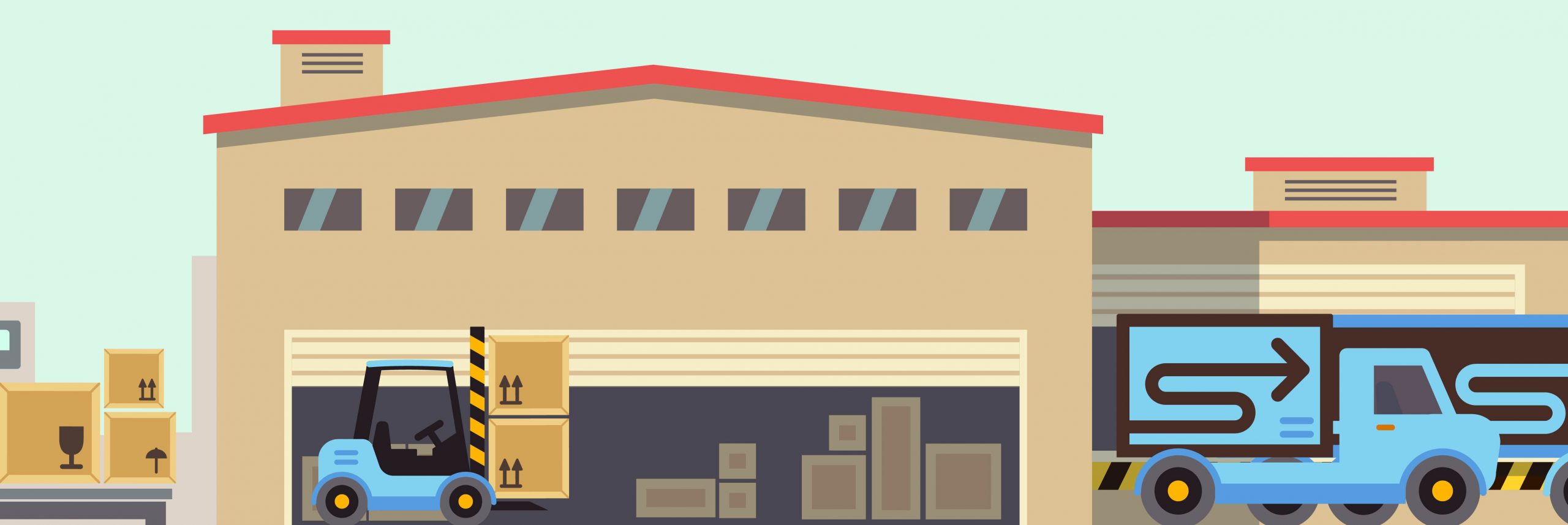
13 Aug Cargo Community System to enable smart quotation request handling
Since the advent of the pandemic, the demand for air cargo bookings online have been on the rise quite exponentially and so is the need to negotiate on the pricing through online modes. While Shippers and Freight Forwarders negotiate in person for quotations, nowadays, requesting quotation is performed online with technology intervention.
Certain IT solutions exists that allows the stakeholders to negotiate for quotes. Through these solutions, a Shipper will be able to raise a request for quotation for a specific shipment. For the request for quote received from the Shipper, forwarder shall be able to send rate request to Carriers and Trucking Companies. This is not only reducing the time involved, but also eliminating the physical touchpoints and improving communication among the stakeholders digitally. Most importantly, real time visibility to stakeholders can be ensured with technology adoption.
Read More on Tackling Truck Congestion at Airports
How can Cargo Community Systems enable smart quotation request handling?
The process of submitting Request for Quotation (RFQ’s) in the air cargo in current scenario is either performed manually over the phone or via emails. It is observed that stakeholders’ often loose significant time in these processes delaying overall supply chain schedules. Airport Cargo Community System primarily brings all the stakeholders involved on the same platform together. It enables the exchange of information digitally on the platform. Shipper and Freight Forwarder can provide the details on the portal and request the quotation from airlines and transport companies.
How is each stakeholder benefitted with Cargo Community Systems?
- Shipper – A shipper will have to reach out separately to freight forwarders separately and a lot of time is wasted on research. The market is highly fragmented and there are price variations. Therefore, the shipper has to negotiate hard on the pricing and focus on core activities are already lost. A cargo community system will serve as a common platform to identify multiple freight forwarders and create, update, and maintain RFQ templates. One can choose multiple forwarders for rate and quote assignments. As a result, the shipper gets competitive pricing and faster processing.
- Freight Forwarders –Identifying the right trucker/airlines, manual in-person interactions for negotiations as well as involvement in data entry are some of the key tasks they perform. In the manual/legacy process, there is enormous time involved in these operations and they cannot maintain a proper repository of documents. A cargo community system enables a freight forwarder to indulge in digital communication among airlines, transporters, and shippers instantly.
- Transporters – Maintaining record for every transaction made is a humongous task and time consuming. With a cargo community system, every transaction made on the e-dashboard is recorded and there is a well-organized overall process.
- Airlines – Right from validating queries manually to overcoming significant amount of error prone data entry practices, Airlines find it difficult to manage activities. With the intervention of a cargo community system, there is smooth flow of information among all stakeholders. Also, it eliminates foul play as information is available right in the portal. Precisely, quotation request handling is a mere cakewalk for airlines with a community platform.
The holistic solution
An airport cargo community system enables the exchange of information digitally on the platform. Shipper or Freight Forwarder can provide the details on the portal to request the quotation from airlines and transport companies. Airlines and trucking companies review the requests and send quotation on the same portal. Precisely, a community platform enabling smart quotation request application enabled by cargo community system is a boon for the air cargo industry. And this might become the new normal.
Know the Story behind North America’s First Cargo Community System

